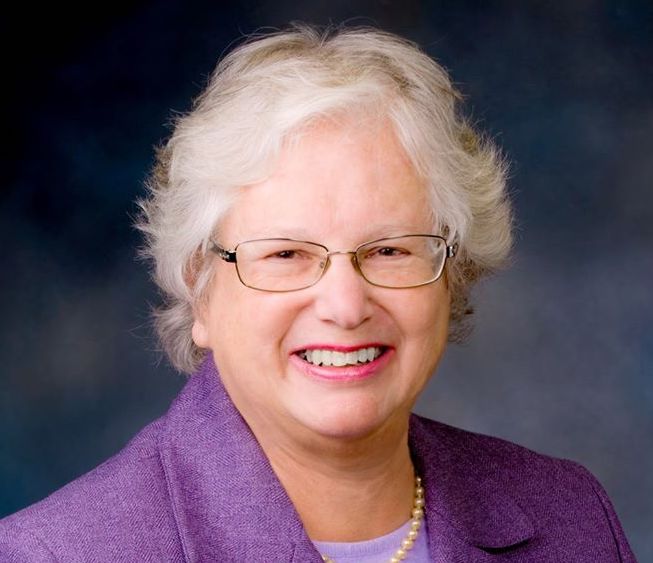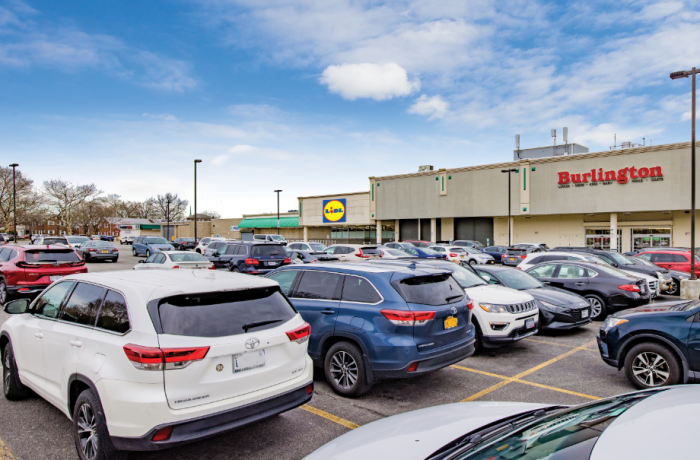By Bob Friedrich
Next week, Democrats and Republicans will select their parties’ candidate for November’s mayoral election. Having attended numerous candidate forums in the past few months, a reality check taken with a dose of truth serum is in order by the contenders, as they purport to solve many serious problems confronting our city.
But is that possible? The polls would have us believe that voters are tired of politics as usual and seek honest answers, but audience reactions at forums tells us something different. Obfuscation, feel-good rhetoric and governmental nannyism by candidates bring applause while the harsh reality of tight budgets and fiscal constraints bring derision, boos and hisses.
The candidates have learned that placebos sell and the panaceas and promises of sunny skies forever will yield bobble-headed agreement among audience members. Voters are just as complicit in this false storytelling, problem-solving narrative as the candidates themselves. Nevertheless, my cynicism must give way to the reality that one of the contenders will emerge and become New York’s mayor for the next four to eight years.
As president of New York’s largest horizontal co-op, Glen Oaks Village, and a co-op leader on such issues, I offer some insights into this mayoral election that co-op residents and others may want to consider before making their selection. The focus of co-op leaders has always been on creating a safe and affordable quality of life for families, seniors and children living in co-op buildings. Residential housing co-ops, especially those in the outerboroughs represent the largest swath of affordable housing in New York and the families living in them have a lot at stake in this election.
Recently, the Presidents Co-op & Condo Council, of which I am the founder and co-president, joined with the Queens chapter of the New York Bar Association to hold a candidates’ forum at North Shore Towers to highlight some of these issues. The only candidate who declined to respond to our invitation and numerous phone calls was Bill de Blasio. You decide how to interpret that.
Co-op issues may not sound exciting nor capture the headlines, but they affect hundreds of thousands of people in our city. Co-ops have been under siege recently with exploding property taxes, double- and triple-digit valuation increases and an unending barrage of unfunded mandates that require co-op owners to dig deeper into their pockets at a time when the well has run dry.
Elected officials have the power to subjugate the decisions of co-op boards to the whims of legislative prerogative, which often may not be in your co-op or family’s best interest, which is why elections are important. At the mayoral forum, each of the candidates tried to convey a concern for co-op issues by opposing unfunded mandates, supporting consultations with co-op leaders and supporting tax fairness as the current property tax system taxes co-op and condo owners at substantially higher rates than single-family homeowners.
But it was Christine Quinn, among the Democratic contenders, who made the most compelling case. Quinn was instrumental in getting the city Department of Finance to temporarily cap its crushing double- and triple-digit valuation increases a couple years ago on co-ops and condos in eastern Queens.
At the forum, Quinn acknowledged the impact that a DOF commissioner has on the lives of co-op and condo owners, and said she would seek the input of co-op board presidents and leaders before choosing a new commissioner. Access to the co-op community has proven to be a strong point for Quinn. During the past four years, Quinn has proven to be receptive and proactive on behalf of outerborough co-op communities in drafting and amending legislation before the City Council.
But this is only Act 1 in a three-act play, and Quinn is in a close race with de Blasio. If the leading mayoral candidate receives less than 40 percent of the popular vote in the primary, the top two contenders will compete in Act 2, a runoff election two weeks later. Act 3 is Election Day in November, when the Democratic and Republican primary winners will face off in the general election.




































